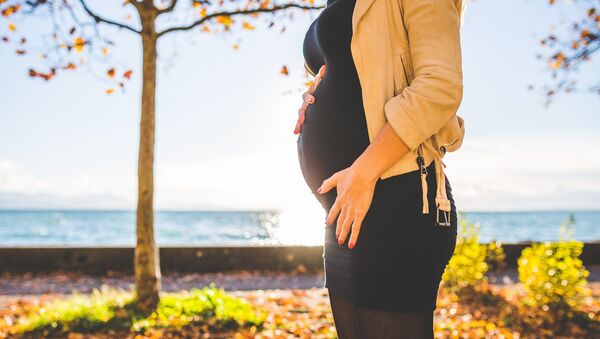The results of the study were published in European Journal of Obstetrics & Gynecology and Reproductive Biology.
Placental insufficiency leading to intrauterine growth restriction is a pregnancy complication, affecting up to 10 per cent of women, NRU BelSU researchers noted. This pathology is a serious perinatal mortality and morbidity factor, which leads to obesity, cardiovascular diseases and Type-II diabetes when the newborn grows up.
According to NRU BelSU scientists, it’s generally believed that heredity determined 40 per cent of the newborn’s physiological formation processes, and outward influences determine 60 per cent. At the same time, according to the researchers, the role of genetic factors has so far been understudied.
“The existing molecular genetic studies of intrauterine growth restriction have so far failed to provide unambiguous data on the role of different groups of candidate genes in the formation of this pathology. To determine the group of genes that is a risk factor, we have performed logistic regression analysis using a permutation test to correct for multiple comparisons,” Professor Mikhail Churnosov, Head of NRU BelSU Department of Medical Biological Disciplines, said.
NRU BelSU Scientists have analysed the relationship of several gene polymorphisms with intrauterine growth restriction and assessed their regulatory potential. The study involved 196 pregnant women with placental insufficiency and 324 women with a physiologically healthy pregnancy.
“The study results showed that gene group TG of loci rs2234693-rs9340799ESR1 of the ESR1 gene occurs almost twice as often in pregnant women with intrauterine growth restriction than in women with a healthy pregnancy. This indicates that this haplotype [group of genes] is a pathology risk factor,” Churnosov said.
Moreover, NRU BelSU scientists noted that these ESR1loci are associated with other female reproductive system pathologies: pre-eclampsia, miscarriage, infertility, and tumours.
According to the researchers, the study results should be used to form a risk group among pregnant women who need special prenatal support. Medical supervision, diet, using drug complexes and other measures will help reduce the risk of developing a dangerous pathology, the scientists pointed out.
The study involved specialists from Kursk State Medical University and Alfaisal University (Saudi Arabia). The experiment involved the patients of the Perinatal Centre at Saint Ioasaph Belgorod Regional Clinical Hospital. The research team now wants to continue studying the role of genetic factors in pregnancy pathologies development.

